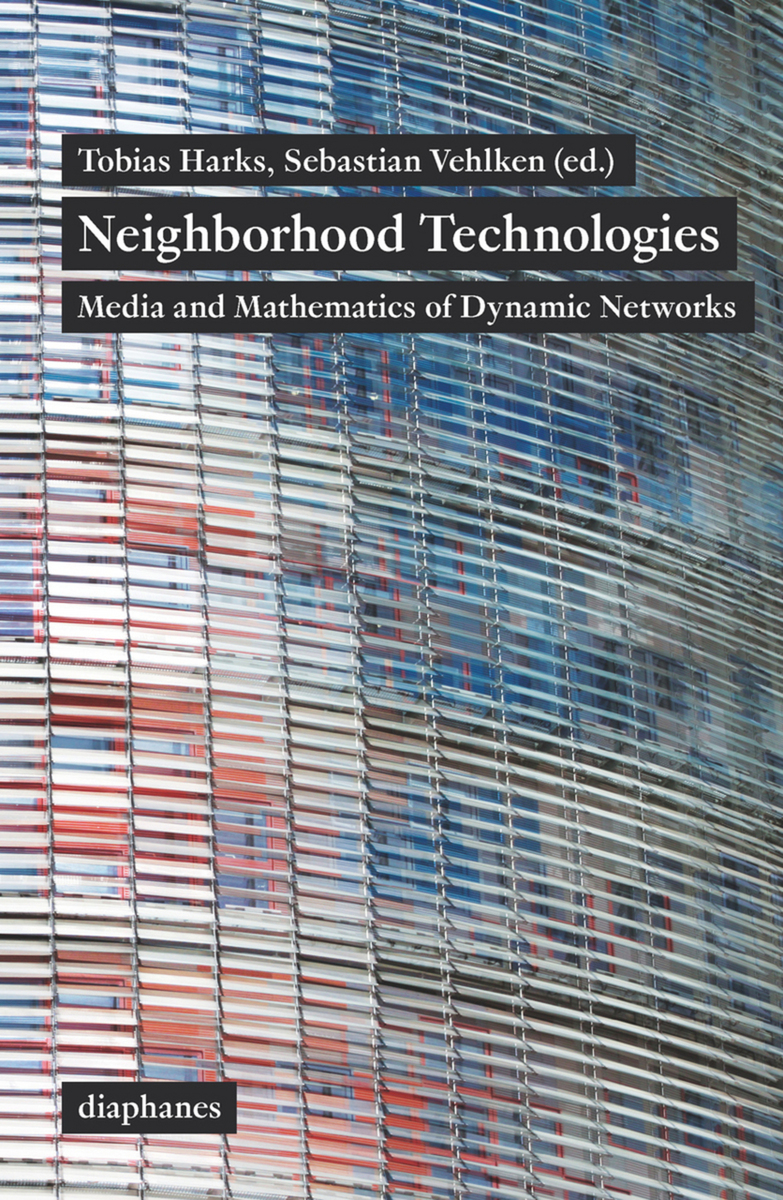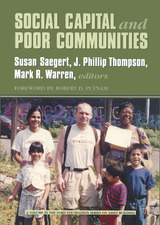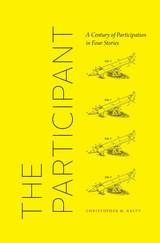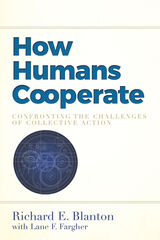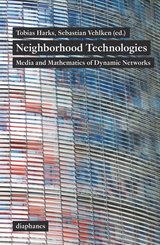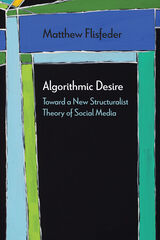Neighborhood Technologies: Media and Mathematics of Dynamic Networks
Diaphanes, 2015
Paper: 978-3-03734-523-8 | eISBN: 978-3-03734-569-6
Library of Congress Classification HM741.N45 2015
Dewey Decimal Classification 307.3362
Paper: 978-3-03734-523-8 | eISBN: 978-3-03734-569-6
Library of Congress Classification HM741.N45 2015
Dewey Decimal Classification 307.3362
ABOUT THIS BOOK | AUTHOR BIOGRAPHY | TOC
ABOUT THIS BOOK
Neighborhood Technologies expands upon sociologist Thomas Schelling’s well-known study of segregation in major American cities, using this classic work as the basis for a new way of researching social networks across many different disciplines. Up to now, research has focused on macro-level behaviors that, together, form rigid systems of neighborhood relations. But can neighborhoods conversely affect larger, global dynamics? What relationships can be found between micro- and macro- perspectives?
To answer these and related questions, this volume introduces the concept of “neighborhood technologies” as a model for intermediate, or meso-level, research into the links between local agents and neighborhood relations. Bridging the gap between the sciences and humanities, Tobias Harks and Sebastian Vehlken have assembled a group of contributors who are either natural scientists with an interest in interdisciplinary research or technology-savvy humanists. With insights into computer science, mathematics, sociology, media and cultural studies, theater studies, and architecture, the book will inform new research.
To answer these and related questions, this volume introduces the concept of “neighborhood technologies” as a model for intermediate, or meso-level, research into the links between local agents and neighborhood relations. Bridging the gap between the sciences and humanities, Tobias Harks and Sebastian Vehlken have assembled a group of contributors who are either natural scientists with an interest in interdisciplinary research or technology-savvy humanists. With insights into computer science, mathematics, sociology, media and cultural studies, theater studies, and architecture, the book will inform new research.
See other books on: Dynamic Networks | Mass media | Media | Social networks | Vehlken, Sebastian
See other titles from Diaphanes
